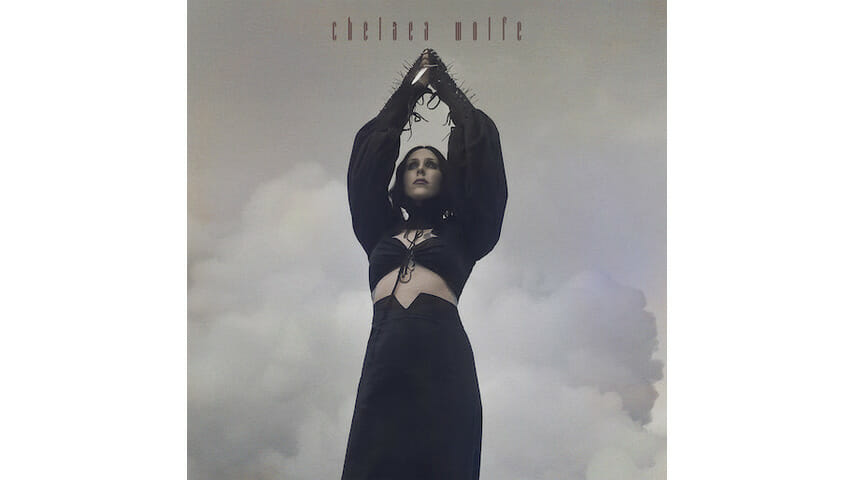Heavy Mellow: Birth of Violence is Chelsea Wolfe Like You’ve Never Heard Her Before
By dialing back the wall of guitars, Chelsea Wolfe’s music actually gets heavier

As Kurt Cobain famously alluded when he sang that teenage angst had served him well, popular music has conditioned us to interpret certain expressions of emotional distress through an adolescent lens. Genre-bending singer/songwriter Chelsea Wolfe has been giving audiences an alternate vantage point since her career got off the ground at the start of this decade. Wolfe has always had a way of dignifying moods that we might otherwise refer to (with a touch of condescension) as “brooding.” But with her sixth album Birth of Violence, she makes her most convincing statement to date, reminding us once again that angst is not the exclusive province of young adults.
Where so much of the so-called darkness in music falls into the realm of stylized affectation, Wolfe’s presentation doesn’t allow for one-dimensional readings and doesn’t fall prey to self-parody. She has always shown keen awareness in her portrayals of emotional states like apprehension and grief. On Birth of Violence, though, woundedness becomes a launching pad for regeneration just as Wolfe’s musical vocabulary seems to be gelling more than ever before.
The first five tracks on Wolfe’s 2010 debut, The Grime and the Glow, more or less contain the full range of musical ingredients she likes to draw from: folk, electronic production and doom metal with splashes of goth and twang. On her last two albums, 2015’s Abyss and 2017’s Hiss Spun, Wolfe plunged head-first into the metallic end of the pool by cranking the distortion for searing guitar parts that engulfed the arrangements like thick streams of molten lava. By contrast, the first thing that strikes you about Birth of Violence is the absence of guitar distortion. This time, Wolfe’s acoustic re-enters the spotlight, and with it the near-overwhelming presence of a space that permeates the record and houses its many rewards.
Much like the sensation of sitting alone in a room with your own thoughts, Birth of Violence doesn’t allow you to headbang your way through the realizations that surface in the lyrics—which makes sense given that the new material represents a conscious retreat from both the psychological exhaustion of touring and from writing songs with a full band in mind. That said, Wolfe’s writing has grown tremendously since her 2012 acoustic compilation album Unknown Rooms. Though Unknown Rooms prominently features post-production, that album’s songs hewed much more faithfully to the spirit of a solo-acoustic performance or, perhaps, a set of demos.
-

-

-

-

-

-

-

-

-

-

-

-

-

-

-

-

-

-

-

-

-

-

-

-

-

-

-

-

-

-

-

-

-

-

-

-

-

-

-

-








































